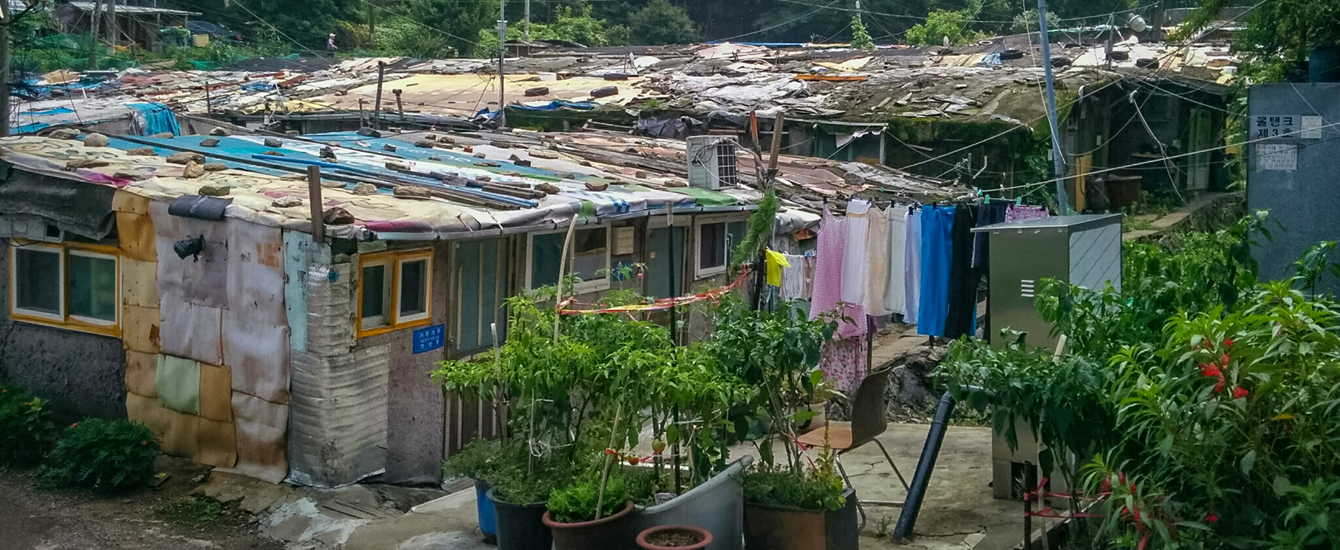At Clark University, we draw on a diverse range of theoretical and methodological approaches — from economic sociology to political geography—to examine the processes that drive change, conflict, innovation, and uneven development across the world. You will acquire the skills needed to analyze the forces that structure and guide the development of communities, industries, cities, and the global economy.
Since 1925, Clark has been the home of Economic Geography, an internationally peer-reviewed, cutting-edge research journal.
Areas of Expertise
- Urban, industrial, and regional development
- International development and political economy
- Innovation and entrepreneurship
- Social movements, legal geographies, and place-making processes
- Critical race and social theories
- Urban politics
- Globalization and its uneven consequences
- Critical mobilities
- Sustainability and technological change
Faculty
Yuko Aoyama, Ph.D.
Economic/industrial geography, global economic change, technology and culture
Asha Best, Ph.D.
Urban geography, informality, mobilities, postcolonial and critical race theory
Mark Davidson, Ph.D.
Urban politics, critical urban theory, gentrification, urban development, state restructuring
Deborah G. Martin, Ph.D.
Urban geography, social movements (particularly neighborhood activism), place identity, local politics, legal geography, qualitative methodologies
James McCarthy, Ph.D.
Political ecology, political economy, environmental politics, policy, and governance, social theory (also in Human-Environment Geography)
Siobhan McGrath, Ph.D.
Economic geography, labor geography, development geography, forced labor, global production network
James T. Murphy, Ph.D.
Economic geography, technological change, sustainable development, developing economies (also in Human-Environment Geography)

